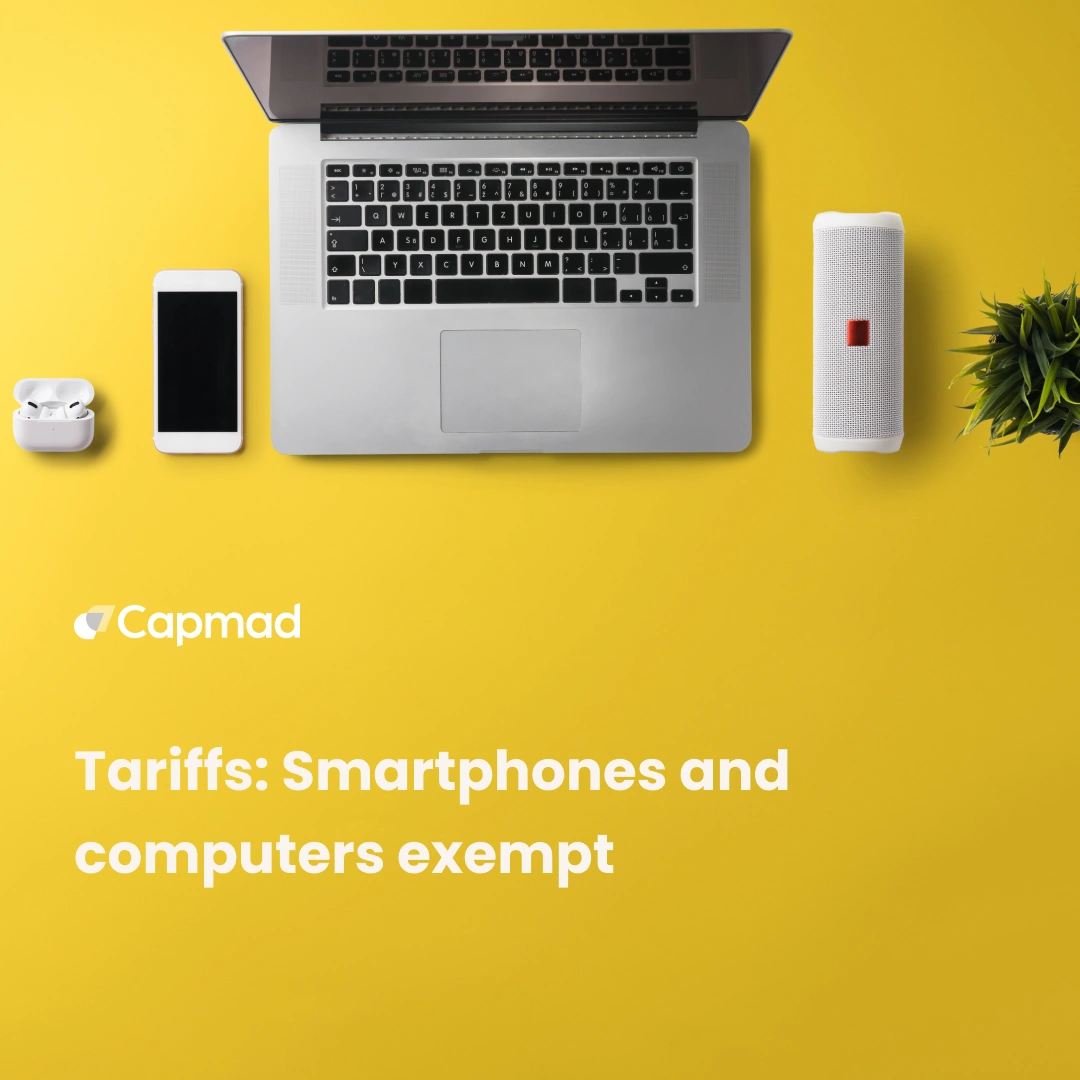Often perceived through the lens of its socio-economic challenges, Africa is emerging as a major player in strategic sectors. From agriculture and technological innovation to natural resources, the continent’s economic potential is undeniable.
Unleashing Africa’s economic potential : Demography and resources
Africa’s growth is driven by two key factors: its booming population and vast natural resources. The African Development Bank (AfDB) predicts that by 2024, Africa will rank second globally in terms of economic growth.
Africa’s demographic dynamics
With nearly 70 % of its population under the age of 30, Africa boasts the world’s largest youth demographic. This pool of talent and skills represents a crucial driver for innovation and the expansion of the labor market. According to UNICEF, nearly half of Africa’s population is under 18, and this proportion could double within the next 50 years.
This demographic momentum, coupled with the emergence of a rapidly expanding middle class, is driving increased consumption, particularly in areas such as digital technologies and the Internet. A policy paper co-authored by the United Nations Office of the Special Adviser on Africa indicates that Africa’s middle class could account for over 40% of the continent’s total population by 2060.
Vast lands with abundant natural resources
Africa’s lands also hold immense potential, with nearly 65 % of the world’s uncultivated arable land, as well as the second-largest tropical rainforest in the world. This is the Congo Basin forest, covering over 240 million hectares. Africa also stands out for its rich biodiversity, strategic mineral resources, and significant oil and gas reserves, in addition to its agricultural exports. According to the AfDB, the continent’s natural resources are estimated to be worth 6.5 trillion USD.
Growing innovation ecosystem
Technological innovation is becoming a true driver of growth in Africa. Local startups are attracting international capital and offering innovative solutions across various sectors, including financial services. These innovations are enhancing the financial inclusion of unbanked populations, especially women.
Tech hubs are emerging in several regions, with significant hubs in Kenya, dubbed « Silicon Savannah ». Another prime example is Nigeria, where fintech companies are enabling millions of people, particularly in rural areas, to access financial services.
Moving towards equitable and sustainable growth
Infrastructure challenges and inequalities remain major obstacles to Africa’s development. However, significant efforts are being made to address these challenges. For instance, the Development Bank of Central African States (BDEAC) is investing 60 billion CFA francs to strengthen infrastructure in the Central African region. Still, according to the AfDB, an annual investment of 130 to 170 billion USD is needed to bridge these gaps.
Strengthening South-South cooperation
Africa is increasingly collaborating with southern nations like India, focusing on energy, agriculture, and telecommunications. These partnerships promote local development while enhancing security and stability.
Additionally, the Africa-Caribbean partnership is gaining momentum, with initiatives like the African Export-Import Bank (Afreximbank) assembly in the Bahamas showcasing the potential of this cooperation. The African Continental Free Trade Area (AfCFTA) is further driving growth by boosting trade and promoting the « Made in Africa » brand.
Towards more responsible mining
The mining industry is a central pillar of Africa’s economy, contributing significantly to the GDP of several countries. Nigeria and Libya, for example, derive a large portion of their revenue from oil exports. Meanwhile, Botswana is the world’s leading producer of high-value diamonds. Vast gas and oil reserves are also found in Algeria, Angola, and Senegal.
However, the long-term sustainability of resource exploitation is being called into question. With the global energy transition underway, Africa faces a dilemma: finding a way to balance the exploitation of its fossil resources, vital to its economy, with the need to protect the environment and meet the demands of environmental movements.
Several strategic mining projects are underway in the African region, despite the goal of net-zero carbon emissions and sustainable development. Indeed, the continent holds considerable reserves of critical minerals needed for the energy transition, including :
- 55 % of the world’s cobalt
- 47.65 % of manganese
- 21.6 % of natural graphite
- 5.9 % of copper
- 5.6 % of nickel
- 1 % of lithium
- 0.6 % of iron ore
Despite its reliance on fossil fuels, Africa is embracing renewable energy. Projects like Kenya’s Lake Turkana wind farm and green hydrogen initiatives in Mauritania highlight the continent’s commitment to sustainability. The launch of the African Energy Bank in 2024 will further support Africa’s role in the global energy transition.






